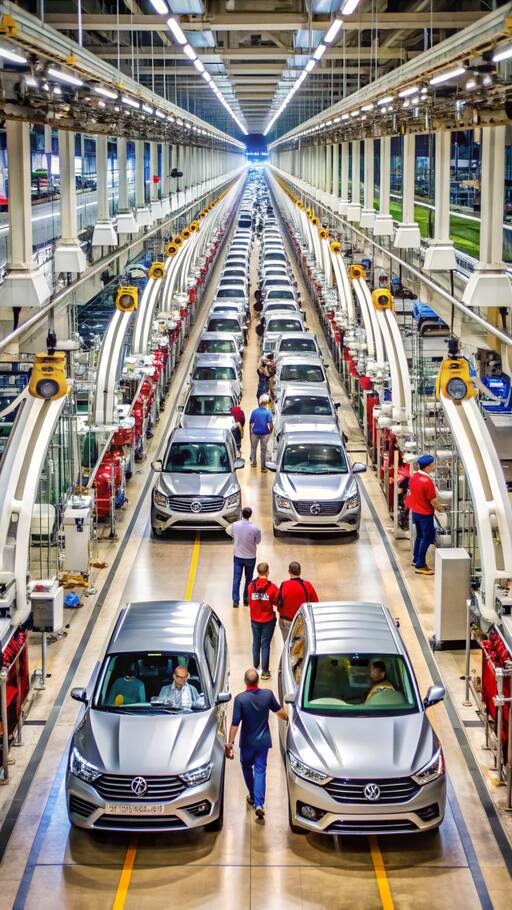Introduction
Volkswagen of America CEO Kjell Gruner addressed the media at the 2025 New York Auto Show, unveiling the new 2026 VW Tiguan Turbo. Despite facing a 25% tariff on imports imposed by the Trump administration, VW has decided to temporarily hold prices steady, demonstrating their commitment to consumers and dealers.
Tariff Implications
-
Current Tariffs: On April 3, a 25% tariff was imposed on imported vehicles, along with taxes on steel, aluminum, and auto parts.
-
Business Uncertainty: Constant tariff changes create challenges for automakers in financial planning.
-
VW's Strategy: Until June, prices remain unchanged as VW navigates these uncertainties.
Production Challenges
-
Production Locations: - Tiguan, Taos, and Jetta produced in Mexico.
- Atlas, Atlas Cross Sport, and ID4 made in Chattanooga, Tennessee.
- ID Buzz minivan, Golf GTI, and Golf R imported from Germany.
-
Chattanooga Plant Capacity: - Some excess capacity exists, but not enough to fully accommodate Tiguan production shifted from Mexico.
- Expanding U.S. plant capacity requires extensive investment and time.
Difficulties and Delays
-
Logistical and Financial Hurdles: - Moving production is costly, requiring retooling and supply chain adjustments.
- Transitioning production involves dealing with different vehicle platforms and establishing local supplier bases.
Conclusion
Volkswagen remains optimistic about a favorable resolution by the end of May, which could prevent price hikes in June. However, absorbing high tariff costs is unsustainable, and increasing U.S. production capacity is a complex, costly endeavor.
Summary
VW is grappling with tariff-induced uncertainties, temporarily keeping vehicle prices stable to support customers and dealers. While U.S. production expansion offers some relief, it is neither a quick nor simple fix. Resolving tariff issues remains critical to maintaining competitive pricing.
Subscribe to our newsletters for the latest automotive news and editor-curated stories delivered directly to your inbox.